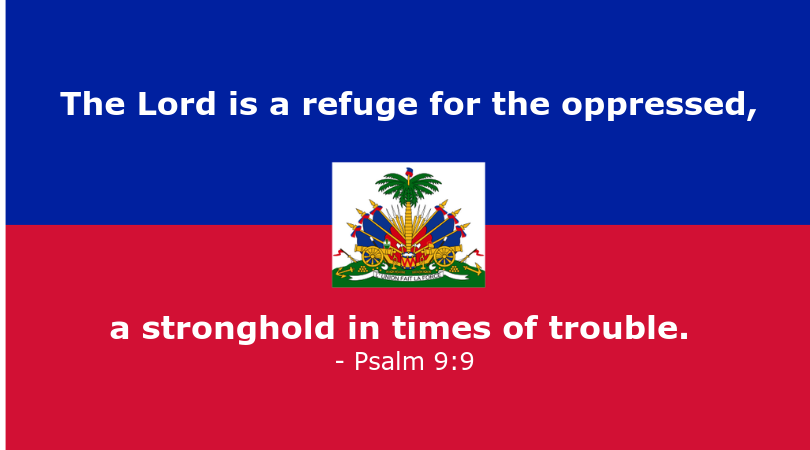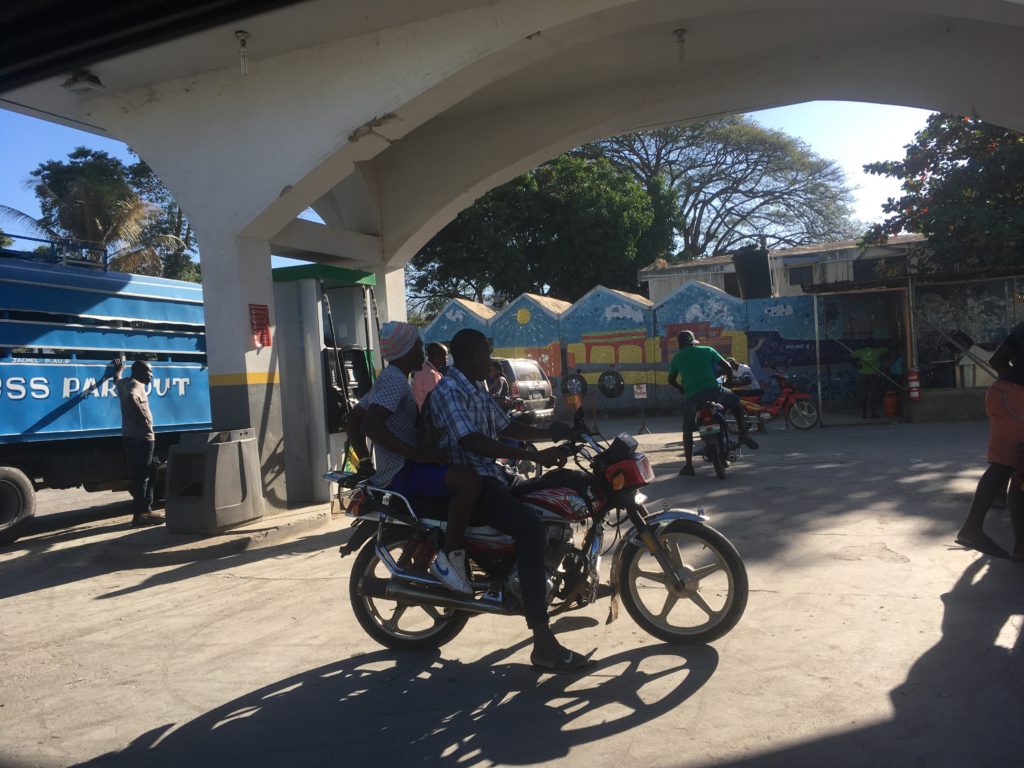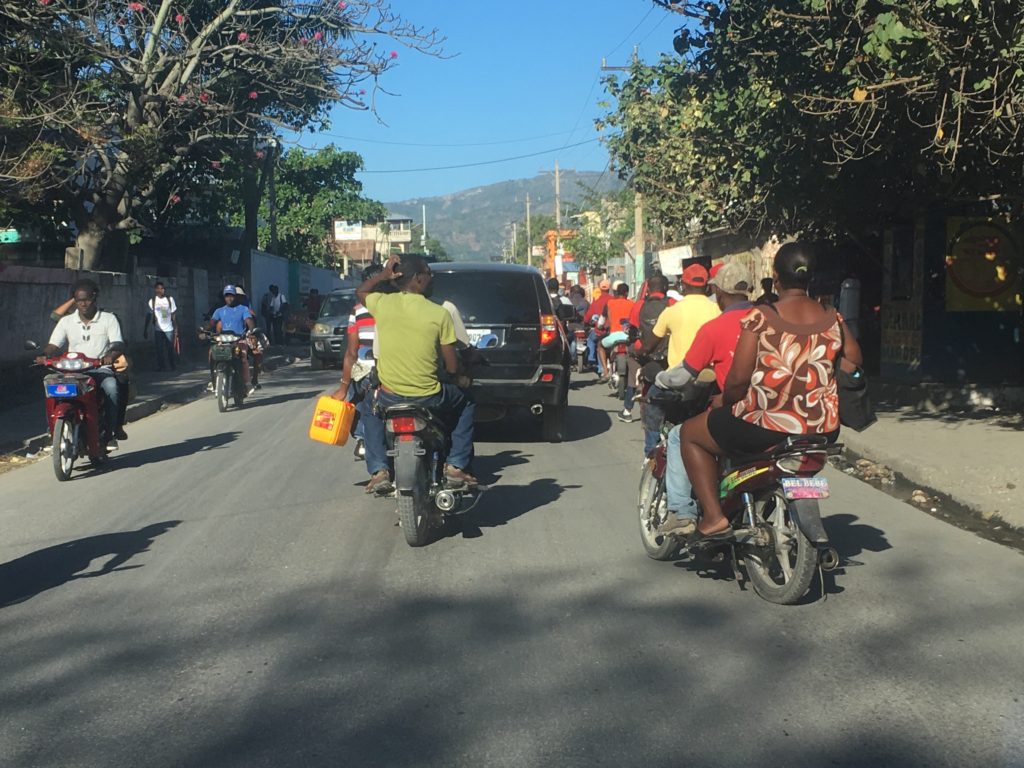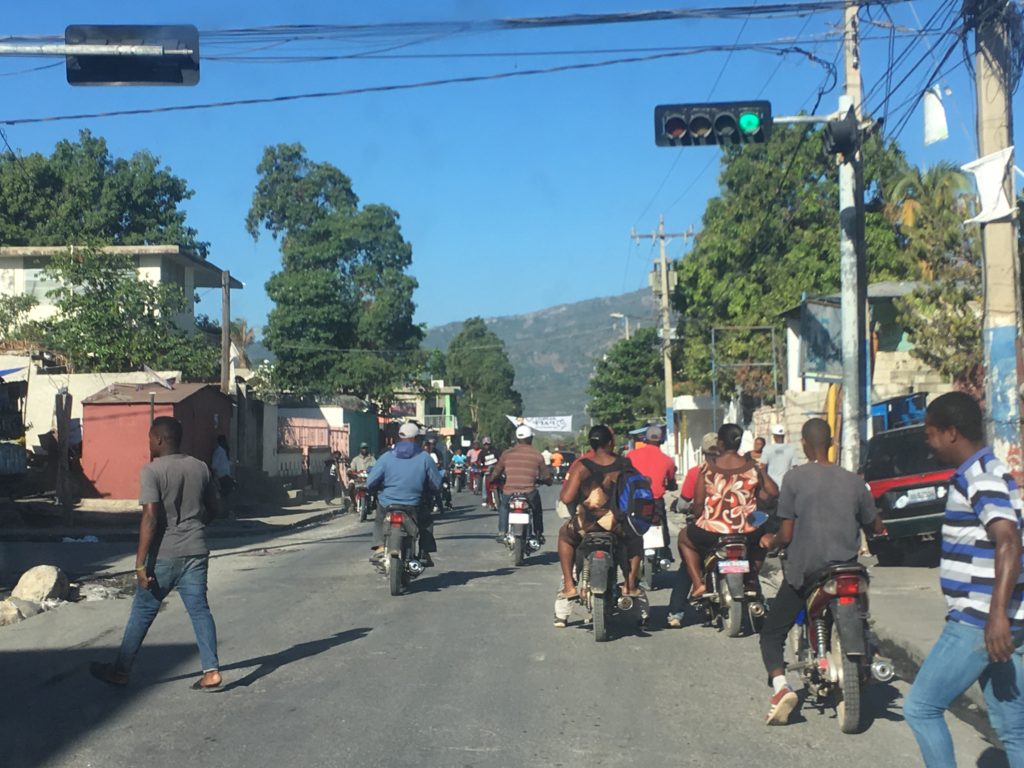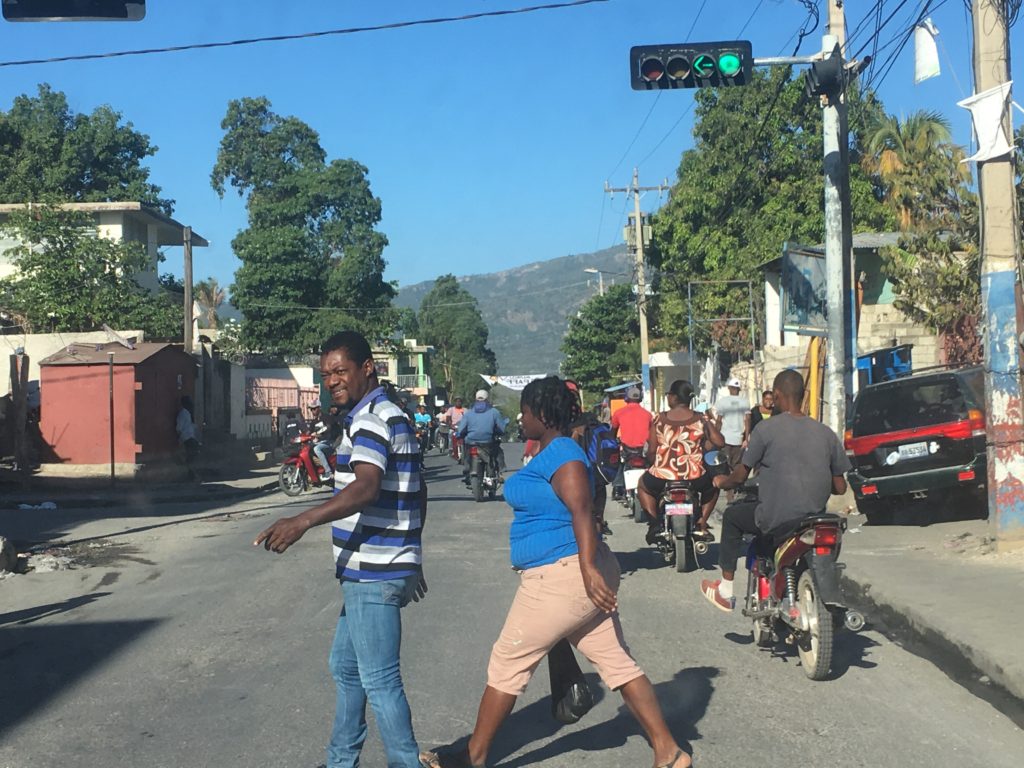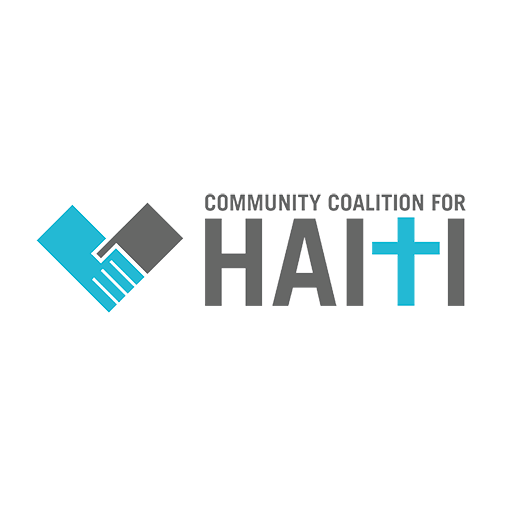Haiti’s long history of political turmoil is well known, but not always well-understood. We wanted to use this month’s blog as an opportunity to share our first-hand perspective on what’s happening in Haiti. The power dynamics, corruption, and inequality in Haiti are obviously more complicated than a few paragraphs can describe. Here we offer just a few of our thoughts on the topic. We’ve included links to external news articles with more details.
Since the earthquake in 2010, Haiti has kept its fuel prices artificially low thanks to low interest loans from the International Monetary Fund and participation in Venezuela’s oil-purchasing program, Petrocaribe. Last July (2018), the government substantially raised gasoline taxes (causing over 50% increase in costs to consumers) in an effort to comply with those international agreements. Understandably, the Haitian population went into an uproar. A few days later the government repealed the new tax, but tensions continued to simmer over the fuel tax, poor economy, and alleged government embezzlement of Petrocaribe funds.
February 7, 2019 was the 33rd anniversary of ex-President/Dictator Jean-Claude “Baby Doc” Duvalier’s departure from Haiti into exile. Some Haitians planned to use the anniversary to warn against abuses of power and protest the current government corruption and rising inflation. Other reports allege that government insiders and business elite have instigated protests and road blocks for their own gain. What’s known for sure is that the one-day demonstrations have escalated, tapping into widespread frustration and protestor demands have quickly expanded to include the departure of the Haitian President.
Protests were initially centered in Port au Prince but soon started to flare up across the whole country, including Jacmel. Demonstrations have run the gamut from peaceful protests to violent riots. For the past two weeks, there have been disruptions to schools, businesses and transit as a result of blocked roads and protests. On February 14, 2019 the US State Department raised its travel advisory to a level 4 for Haiti, recommending “do not travel.”
Everyone we know in Jacmel remains safe, and CCH is nearly back to operating at full capacity. CCH Clinics were open only in the mornings last week, closing early to allow staff and patients to get home early. This week the clinic has been open on our regular schedule and has been seeing a surge of patients who’ve been waiting for things to quiet down so they can access the clinic. Schools are scheduled to start back up next week.
Currently, CCH’s In-Country Director, Rubinste St Louis reports that Jacmel is 85-95% open and operating normally. Food and water are available since stores are open, but fuel is a little harder to find. CCH’s biggest challenge right now is transportation from Jacmel to Port au Prince. Roads continue to be blocked periodically, making ground transportation challenging and unsafe.
In the face of these mercurial threats, CCH’s in-country leaders and staff have done an outstanding job of serving their community in Jacmel and supporting our U.S. volunteers who were caught in the midst of this (and have since safely returned home).
Rubinste says, “What I learned from my dad is that happiness can bring sadness and sadness can bring happiness. Behind this mess [of the protests] there is hope. Please continue to pray for Haiti.” To our broad and devoted Coalition, please know that CCH remains committed to its mission and ministry in Haiti. These struggles punctuate the continued need to lift up our brothers and sisters with quality healthcare, education, and most importantly, hope.


